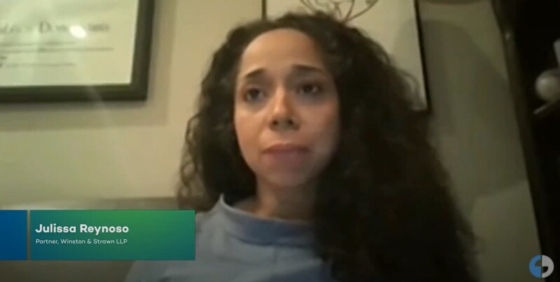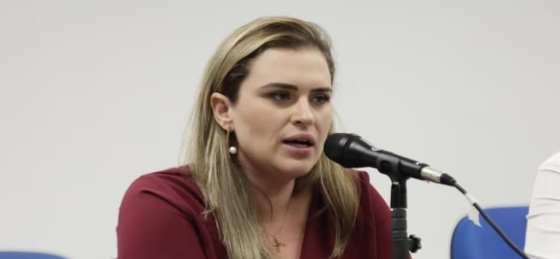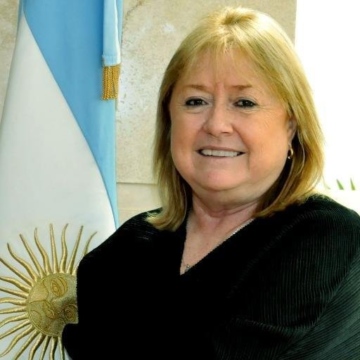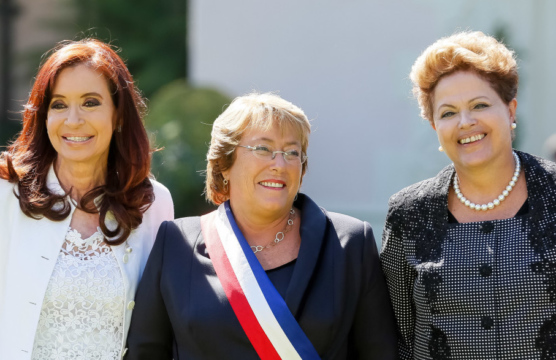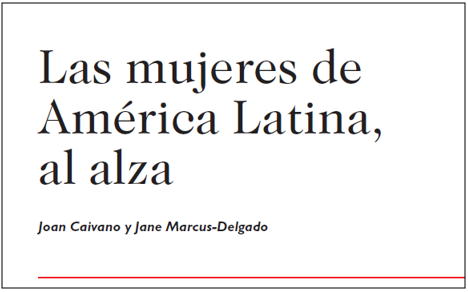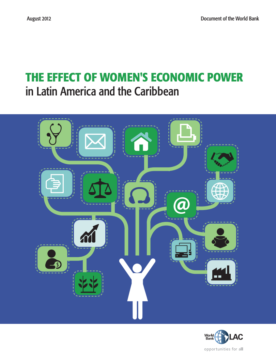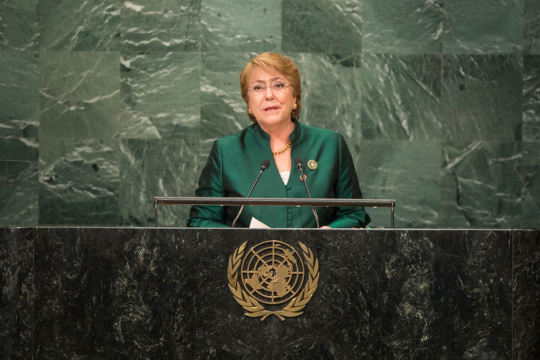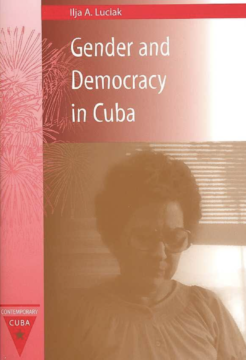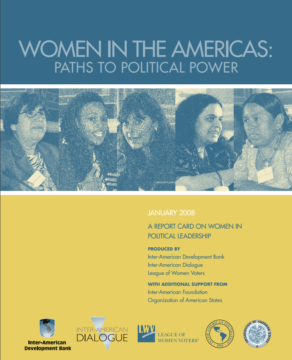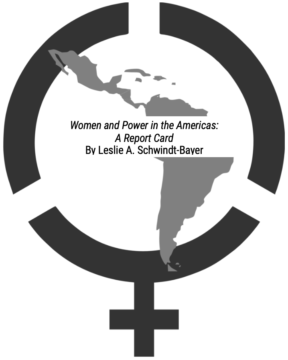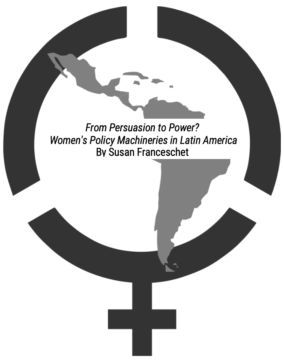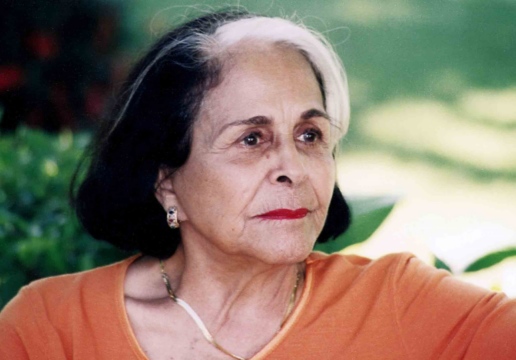
Member in the News: Julissa Reynoso
Julissa Reynoso, US Ambassador to Spain, received the Global Gift Women’s Empowerment Award for her work supporting social programs that improve quality of life and care for immigrants in the United States.
Julissa Reynoso, US Ambassador to Spain, received the Global Gift Women’s Empowerment Award for her work supporting social programs that improve quality of life and care for immigrants in the United States.
Jacqueline Pitanguy has recently published a book titled Feminismo no Brasil: Memórias de quem fez acontecer or “Feminism in Brazil: Memories of those who made it happen” alongside Branca Moreira Alves.
Julissa Reynoso, chief of staff for the First Lady and former US ambassador to Uruguay, will be the co-chair of the White House Gender Policy Council in the Biden administration.
A Latin America Advisor Q&A featuring experts’ viewpoints on the progress and challenges of gender representation in Brazilian politics.
Dialogue member Susana Malcorra released an open letter for “the need to achieve full gender equality and empowerment of women across all ambits.”
Would this be a more compassionate, more peaceful planet if more of it were ruled by women?
In this report, Joan Caivano from the Inter-American Dialogue and Jane Marcus-Delgado from CUNY analyze Latin American women’s advance into positions of leadership and then highlight areas where important obstacles remain.
The Inter-American Dialogue hosted a conversation with Louise Cord and João Pedro Azevedo of the World Bank to discuss their brief, “The Effects of Women’s Economic Power in Latin America and the Caribbean.”
Women’s political and economic participation strengthens democracy, equality and the economy.
On May 21, 2010, the Dialogue and the Cuban Research Institute at Florida International University jointly sponsored an event on gender equality in Cuba. Cuba has a solid record on gender equality based on some social indicators, with higher percentages of women involved in politics than most of its Latin American counterparts, but lacks women in the highest tiers of power.
Women in Latin America and the Caribbean are making political strides. Though long impenetrable, glass ceilings over the halls of power have begun to crack.
In 1975, female politicians and women’s groups from around the world met in Mexico City for the UN’s First World Conference on Women. They discussed the plight of women, from their absence in politics to the unique social and economic problems women face, and devised a set of recommendations for improving women’s status.
Throughout Latin America and the Caribbean, women’s policy agencies (WPAs) have been created in the context of democratization and state modernization, a context which has exerted considerable influence over the trajectory of these agencies throughout the 1990s and 2000s.
In 1999, the United Nations proclaimed Nov. 25 ”International Day for the Elimination of Violence Against Women.” Latin America has been a world leader in promulgating conventions on women’s rights.
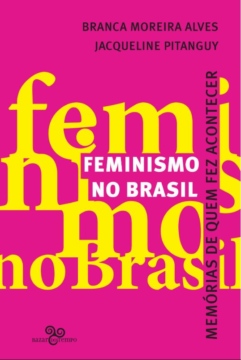 Video
Video
